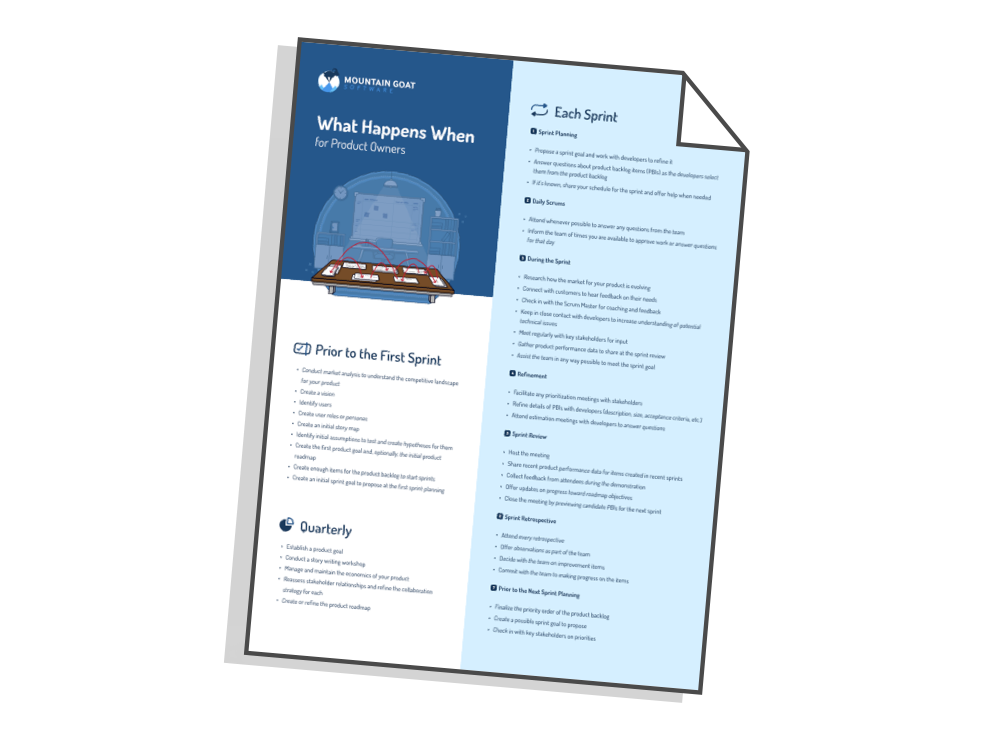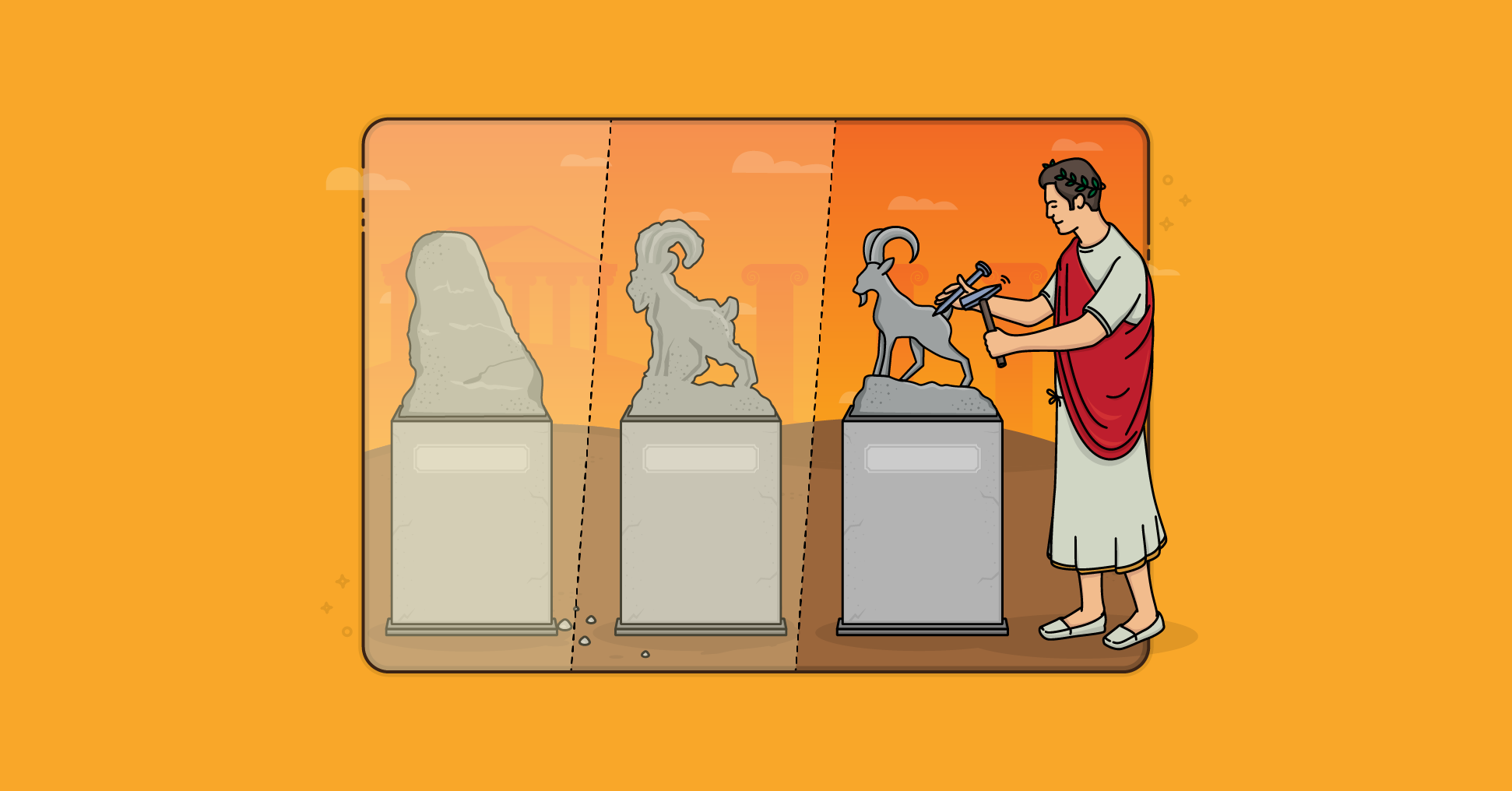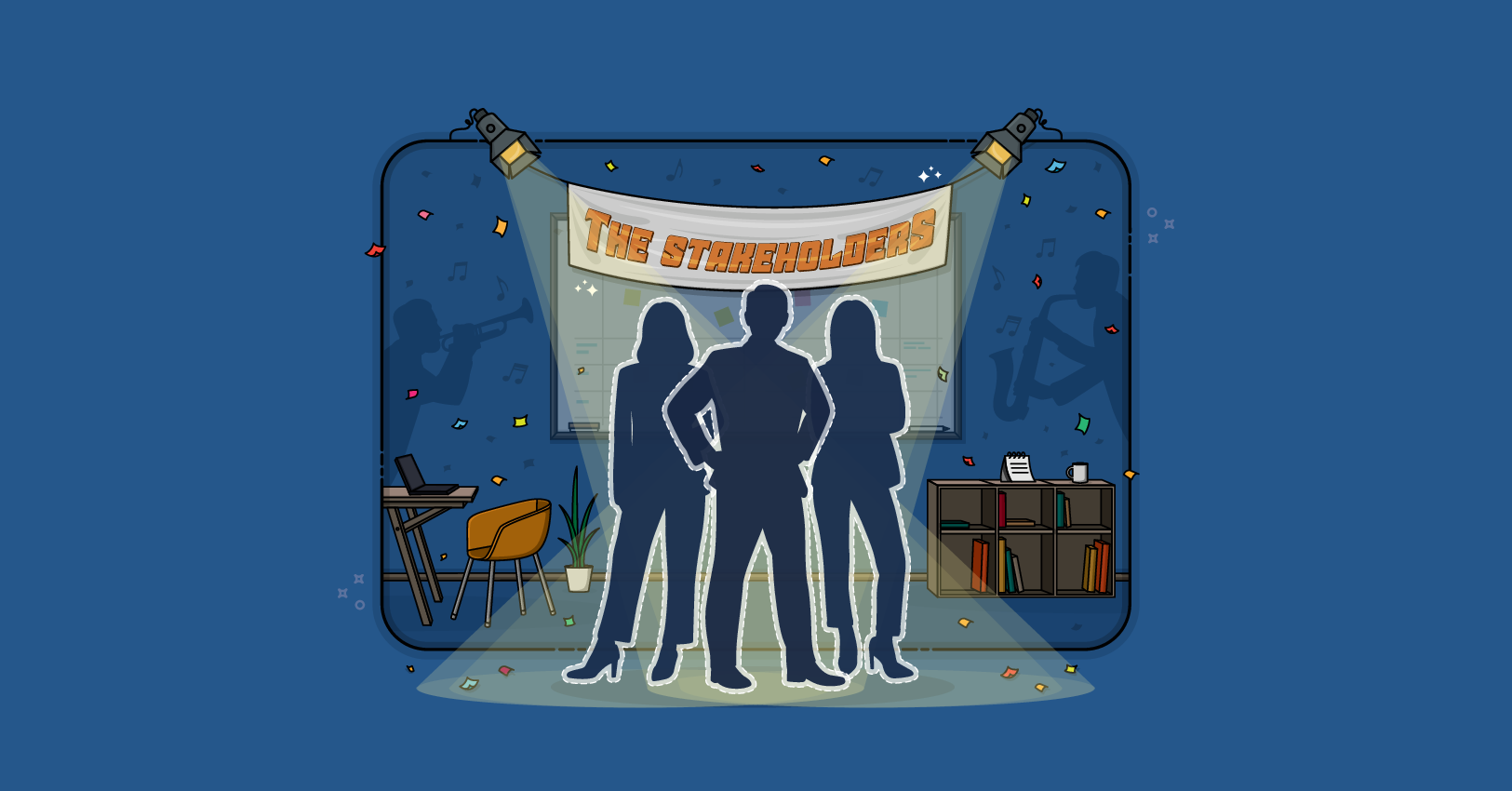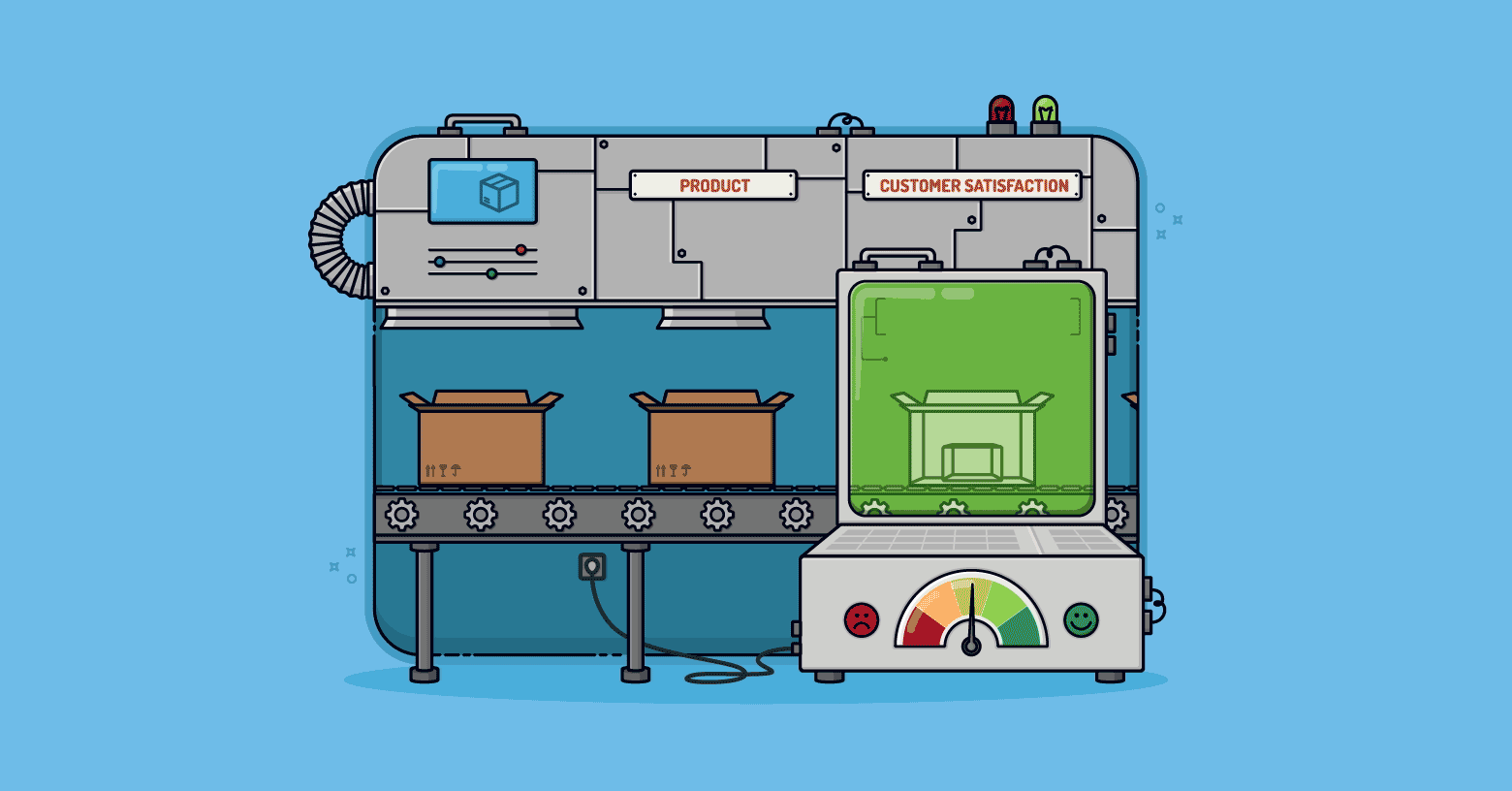I completed the world’s shortest hotel stay last week. Ten seconds. I walked into my Marriott hotel room, saw that it had no desk, and immediately walked out.
When I travel, I need a desk. As the owner of a small company, my work never stops. Even when I should be on a vacation, I still spend at least a few hours a day replying to emails and working early in the morning or late at night. A desk in my hotel room is not optional.
When I saw there was no desk, I returned to the lobby and asked to be moved to a room with a desk. The helpful young woman who had checked me in a few minutes before that informed me there were no rooms in the entire hotel with a desk. The hotel had recently been renovated and taken out all desks in guest rooms. But the hotel was “working on the problem and hoped to have some rooms with desks soon.”
I should have expected this was coming. Two months earlier, a few fellow frequent travelers and I had read an article about this. But, like reports of a zombie apocalypse, we didn’t believe it could be real.
According to the article, Marriott was eliminating desks in all of their hotel rooms because Millennials don’t work at desks. Millennials prefer more lounging space in their hotel rooms. And, indeed, the room I’d occupied for 10 seconds had a small, L-shaped desk.
The decision to eliminate all desks from the hotel was a real shame because this was an otherwise very nice-looking Marriott. I distinctly remember walking down the hall to my room thinking how much I was going to enjoy my two nights there.
But the real shame is how easily Marriott could have avoided this problem if they had lived by a few agile principles.
Deliver Incrementally
Marriott should have delivered this change to their hotels incrementally. I don’t know much about the cost of renovating a hotel. I’m sure, though, it’s cheaper to do all the rooms at once rather than doing half the rooms now and half in six months. But if Marriott had changed half the rooms in the hotel I visited, they could have learned what guests at that hotel preferred.
It would not have been enough for Marriott to say “But we’re changing the entire chain incrementally. First all of a hotel in this city, then all of a hotel in that city, and so on.”
That isn’t appropriate because the guests in one location are not the same as guests in another. There will likely be similarities among Marriott guests anywhere, but maybe a mix of 25 percent desk-less rooms works in one location whereas it should be 80 percent in another location.
The Danger of Ignoring Feedback
The easiest way for Marriott to learn this would have been through feedback from guests. In part, I checked out immediately to make sure they got the appropriate feedback. I did for a moment think, “It’s only two nights. I can probably sit on the bed and work.”
But I have a personal philosophy that I don’t do business with companies that don’t deserve my money. I spend many nights in Marriotts (more than any other chain), but that specific one did not deserve my business.
And I wanted to make sure they got that feedback. And, when I asked at the front desk about changing to a room with a desk and was told there were no such rooms, another guest overheard my conversation with the desk agent. He immediately told his agent that he wouldn’t be checking in either since they had no desks. That’s feedback for the hotel.
And it shows why that specific hotel is already working to resolve the problem by getting desks re-installed only two months after they were removed during a full remodel.
Agile Applies Beyond Software
The principles of agile software development apply well beyond software development. People are applying agile to their personal lives. Companies are being run with agile. Hardware is being developed with agile.
Agile is a way of approaching problems.
Last update: June 25th, 2024









